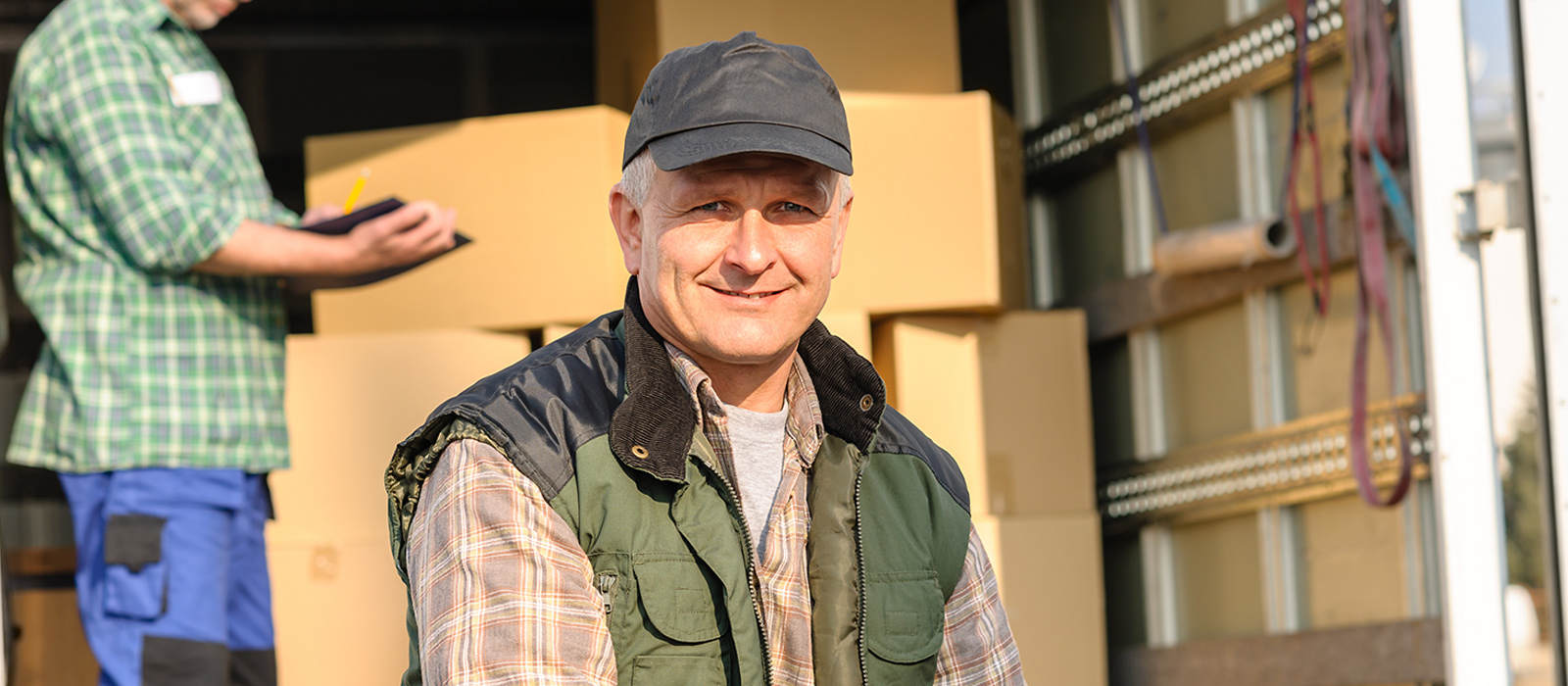
It is certainly possible to pack up and move your belongings on your own, there are some items that require specialist attention. Some of your belongings may need more care while others shouldn’t be moved at all.
To take away the guesswork of which items you can tackle yourself and which require more expertise, we’ve put together a list of the four most difficult things to move.
4 ITEMS THAT ARE HARDER TO MOVE THAN YOU THINK
Plants
One of the most common items most people don’t realize can be tricky to move are houseplants. If you think about it, you’re essentially just moving a large container of dirt – and that can get messy. Throw in extreme temperatures and a long drive and you could be looking at plant fatalities.
The only way to guarantee that your plants won’t be affected by the move is to not move them, but most of us don’t want to leave our plants behind or give them to family or friends. The safest way to move your plants is to transfer them to a plastic pot if they’re in heavy ceramic ones. Do this a few weeks before you plan on transporting them in order to give them time to settle. After they’ve settled into their new pots, transport them inside of your own vehicle rather than a moving truck. This way, you can control the temperature they’re experiencing, and guarantee they’re not shifting in a way that could cause damage during the move.
Pianos
Pianos are heavy and challenging to move. They are large and hulking, yet have small, intricate parts inside that can be easily damaged. They really are a true moving nightmare – which is why most people tend to leave them behind during a move. If, understandably, you don’t wish to leave your piano behind, hiring a professional piano moving service is the simplest and safest way to get your piano moved. If you try to take on the task yourself, you can cause serious damage not only to your piano, but to your doorways or hallways. You can also seriously injure yourself or any others assisting you, so it’s in your best interest to leave it to the pros.
Fish Tanks
It’s incredibly cumbersome to move fish tanks. They’re large and heavy, and a lot of the time the fish don’t survive the move due to the hectic sloshing and fluctuating conditions. Just like houseplants, it can be hard to move without your fish, so following a certain protocol will increase their chances of survival during your move.
Empty out the fish tank most of the way, but still leave some water in the bottom to ensure the existing bacteria colony remains when you refill it. Move your fish into small containers or bags using your tank water and transport them that way. Do your best to stabilize them during transport so they aren’t sloshing around in their containers, which can cause stress or physical injury.
Once you’ve arrived at your new home, start setting up the tank as soon as possible. Float the bags (or containers) in the new tank to allow your fish to acclimate to the new temperature before transferring them into the tank. Watch them closely for a few days to ensure the transition is going smoothly, and address any issues that may arise.
Artwork
Artwork is another tedious item to move. Often art work is either expensive or has sentimental value, so avoiding any damage to the piece is key. If your artwork is in a frame, wrap it in paper or bubble wrap and secure it. Once it’s wrapped, tape cardboard pieces to the over wrapping all around the frame for extra protection. Place it in a box and cushion it with screwed up packing paper or a similar material to keep it from moving around. Multiple frames can be secured together inside the box after they’ve been wrapped and covered to consolidate space.
If your artwork isn’t in a frame wrap it heavily in bubble wrap and place it in an appropriately sized box with a reinforced bottom. Fill the box with screwed up packing paper and secure the top with tape. Be sure to label all of your artwork boxes appropriately and note that they’re fragile to indicate to movers or helpers to take extra care when handling them.
While some items may be difficult to move, that doesn’t mean it’s impossible. Do your research, have the appropriate tools, and get prepared to work. If you’d rather not take on the tasks yourself, hire a professional team to do it. They’re the experts, and will be sure to get your belongings from A to B safely and securely.
